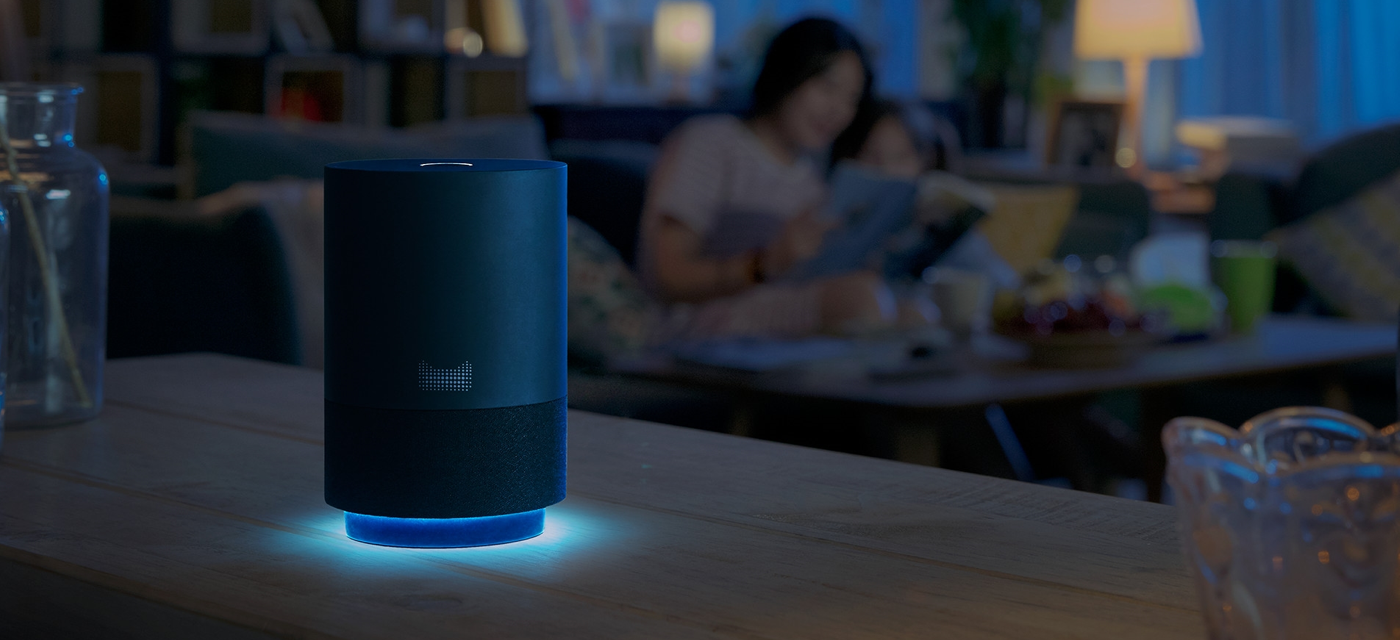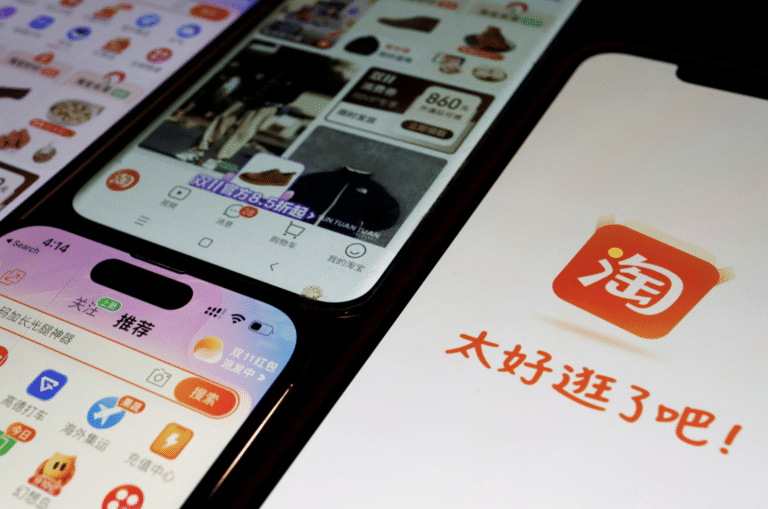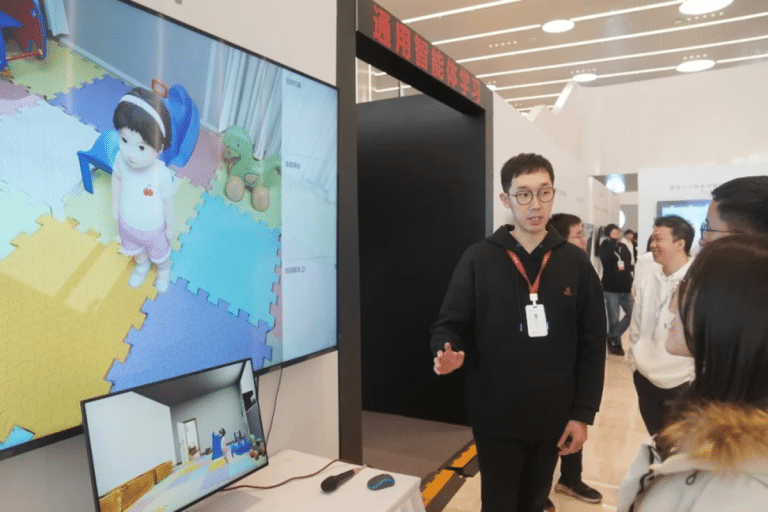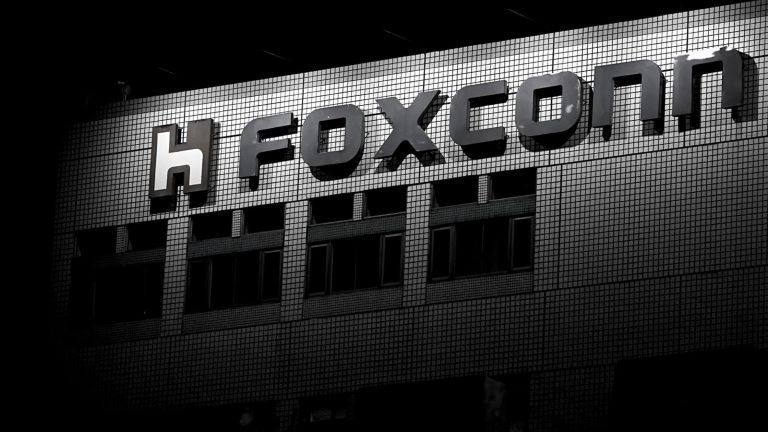As we inch towards an AI-powered world, the one country that is charging ahead in the AI race is China. With strong domestic laws in place to promote local talent backed by a government which is betting high on its AI-capabilities, China has turned itself into an AI hub in a short period of time.
With Chinese smart home market estimated to reach US$11,613m in 2019, major home-based companies are cashing in on the opportunity to make it big the global in the AI and voice assistant market.
Smart voice being one of the four main focus areas for the Chinese government for AI -development along with stiff rules laid out for foreign countries, has given a big push for local players to capitalize on it. A study by Canalys pointed out that smart speaker adoption in China is following a pattern similar to the U.S. About one million units shipments in Q4 2017 was followed by a 60% rise in Q1 2018 followed by about 200% growth in Q2 2018. That rapid adoption by Chinese consumers also pushed China to about 30% of global smart speaker unit sales in Q2 2018 up from nearly zero three quarters earlier.
With a promising market laid ahead of them, some of the big names in China has already entered the AI voice assistant market beyond China and are giving stiff competition to the likes of Amazon Alexa and Google Assistant with competitive pricing. We look at these big names and how far they have fared.
Alibaba: Despite being a late entrant to voice assistant market, Alibaba quickly scaled up its production to become the largest market shareholding company in smart speaker shipment in China. While globally it is ranked third, with Amazon and Google taking the first and third place in the Q2 2018 global smart speaker shipments.
Alibaba entered the voice-assistant market with its Tmall Genie in 2017, which was then priced significantly lower than its components like Amazon Echo and Google Home. The voice activated device can perform tasks like calendar checking, control smart home, play music with the help of AI and internet connectivity. Today, Small Genie is the most popular smart speaker in China and has sold over 500 million units since 2017.
Recently it tied up with BMW, where the customers can connect with the device at home and access their digital device easily.
Xiaomi: Ranked second after Alibaba in smart speaker shipment, it had the huge advantage of having a wide ecosystem of IoT based products, making it easier for the customers to use its Xiao AI its AI-assistant. Presently available in Mandarin, the device can perform tasks like translation, calculate math among various other tasks.
Earlier in 2017, it had entered into a partnership with Microsoft to bring out Yeelight Voice Assistant, where it allowed its customers to manage products like Yeelight intelligent lights, control the air purifiers, call to the action the cleaning robots to mop the floor, among many other things of the intelligent ecosystem.
Baidu: Baidu has been one of the forerunners in levelling-up their AI capabilities by acquiring more AI startups and recruiting fresh talents from across the world. Its key strategy to reposition itself in the market has been through leveraging more voice interaction technology thus reducing its reliance on search businesses towards artificial intelligence
This year, it brought out DuerOS, a conversational AI, as an answer to Amazon’s Alexa. Embedded with intelligent chips, the device can be integrated with any smart product including intelligent chips can be integrated with any smart product including intelligent toys, Bluetooth speakers, small-home appliances etc. The uniqueness of the device was so much so that, within the short period of its release, it reached over 200 million devices. Earlier, it had released Raven H, it voice assistant built on Baidu’s AI-plate easter marker.
iFLYTEK: Used by over 500 million users in China and worldwide, these apps enables its users to translate Mandarin into English and vice versa. The app is developed by iFlytek, A China-based AI company which uses deep learning and NLP for speech recognition and translation and data mining. It was also ranked sixth among 50 Smartest Companies by MIT Technology Review in 2017.
With an average 4.5 billion interaction daily, the company has garnered several clients across various sectors. One of the top online retailer JD.com, used iFLYTEK’s speech interaction to come up with their own voice connect called JD Connect.
At the recently concluded CES, the company unveiled its LYTEK Translator 2.0 which just has a tiny screen and five buttons which can translate a sentence right after being spoken. The company claims an accuracy rate of 98% for the device and can translate over 30 languages.





















































































